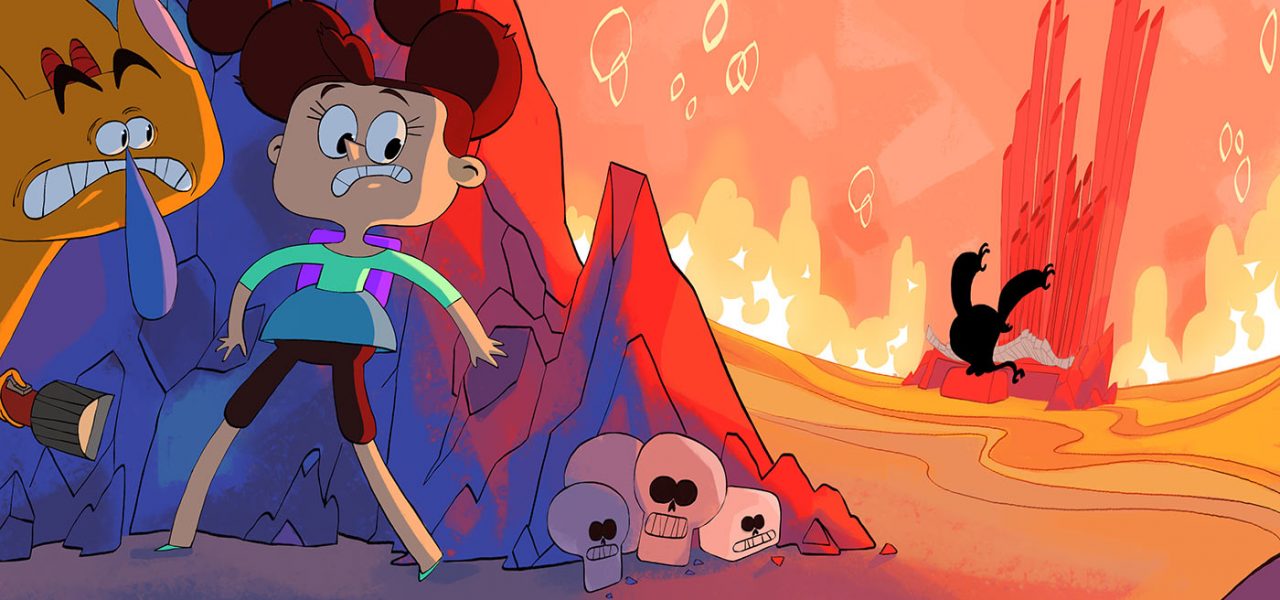
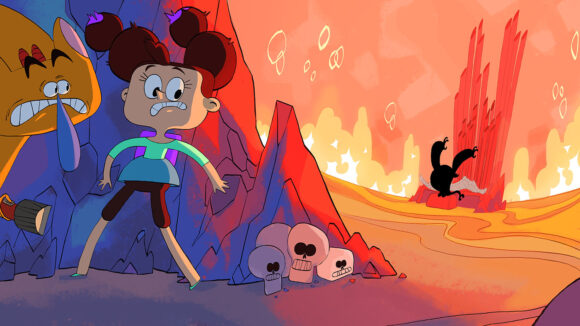
The Next Generation Of Mexican TV Animation Creators Can Be Found At Ideatoon
Over four days last week, a unique animation bootcamp took place in the Mexican city of Cuernavaca. The event is a precursor to the Ideatoon pitching program, one of the highlights of the upcoming Pixelatl festival to be held in Curnavaca in September 2017.
Ideatoon was originally conceived in 2013 as an opportunity for young Mexican animators to pitch their projects to potential buyers from international companies. The event has rapidly grown; this year, the organizers received more than 300 submissions from which 28 projects were selected. Symbolic of its increasing significance and growth, the event was for the first time this year opened to participants from across Latin America, resulting in submissions from 13 countries.
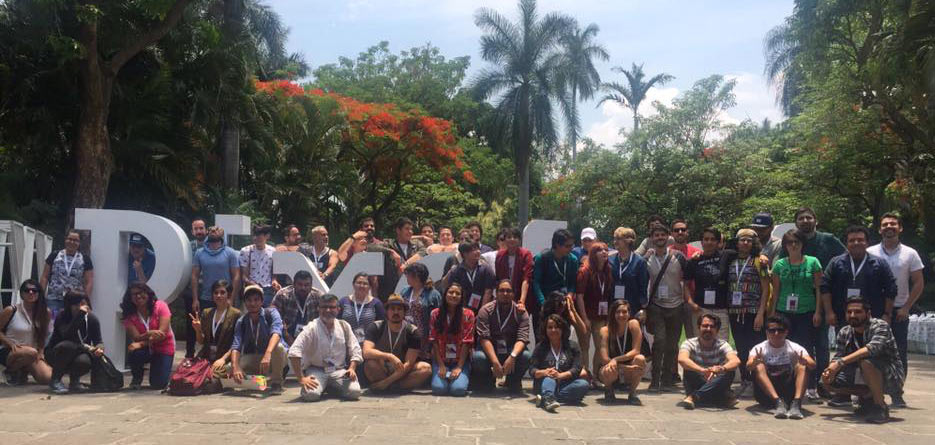
Cartoon Brew spoke with the founder of Ideatoon, José Iñesta, as well as participants of previous editions of the program to better understand how Ideatoon has evolved into a driving force in the Mexican animation industry.

Iñesta, who also founded the Pixelatl festival, recalled that the first Ideatoon revealed the inexperience of many Mexican studios. Some animators arrived without portfolios or any designs of the characters they were pitching, improvising illustrations for their projects on napkins in front of producers. “When we started, some Mexican professionals even thought that a tv show could target all ages,” Iñesta said. “We were compelled to teach the value of basic things like market trends, target demographics, and so on.”
Iñesta believes that increasing tv production in Mexico is essential to develop its animation industry. “Feature films often require animators to move from one location to another, while tv shows allow companies to settle in one place, develop their business, and work in a steady fashion.”
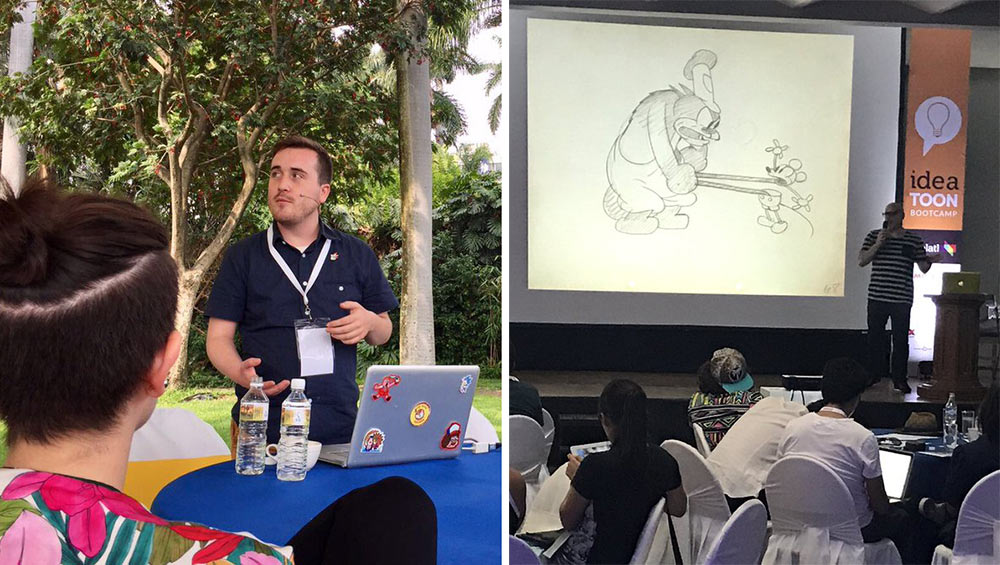
The pitching program has evolved each year since its launch. In the second year, Ideatoon started providing guidelines for writing an animation bible, and began to bring in international entertainment executives to provide feedback. The two major changes made this year – the launch of a bootcamp prior to the main pitching event and opening submissions to artists across Latin America – were based on the feedback of executives who attend the event.
According to Iñesta, in previous years “most of the entries, despite being brilliant ideas, lacked development and weren’t ready to start production,” a problem which led to the creation of the bootcamp. At the bootcamp, a panel of professional mentors worked with the 28 creators from seven different Latin American countries to help develop their projects.
Last Friday, the selection was whittled down to 12 projects, all from Mexico except one Brazilian entry. Before the next pitch stage in September, six advisors will continue working with the 12 finalists to further refine and strengthen their projects.
These recent changes and additions to the program have raised expectations of what Ideatoon can deliver. Previous events have already seen considerable success with a number of participating projects sold to international companies, including Discovery Kids, Cartoon Network, and Atomic Cartoons.
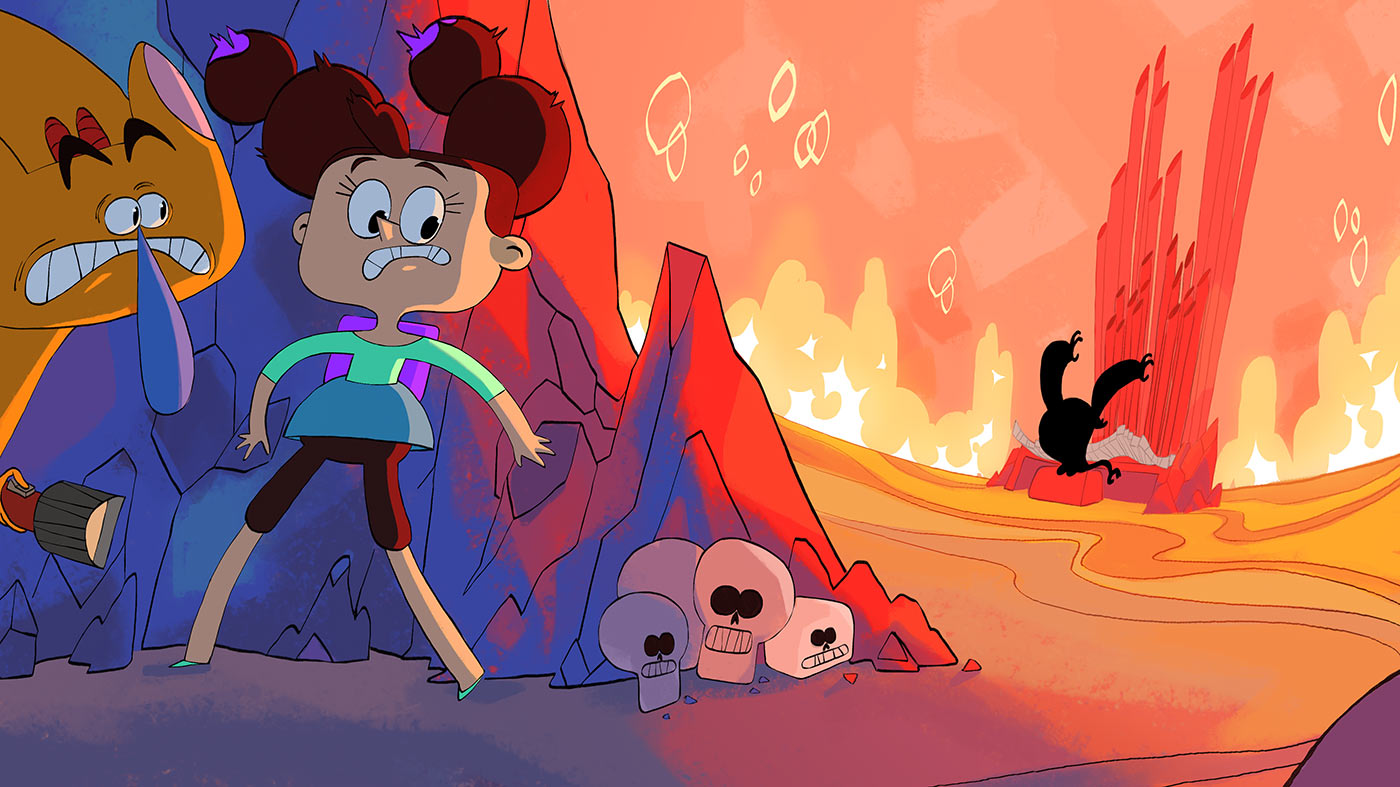
Miriam López is one such success story. Her 2015 project Molly and the Cryptos, developed at her previous company Monster View, received support from Sony Pictures Animation, won that year’s event, and was sold afterward to Gaumont Animation. Lopez acknowledges that Ideatoon is an excellent resource for small companies like hers that may not necessarily be ready to produce a show themselves. “Without the resources to create a whole series,” she said, “we prefer to focus on developing and selling intellectual property.”
Another example is Oscar Hernandez’s project Deedee Wahoo!, selected for Ideatoon 2014. Hernandez attributes the recommendations he received during the event as the reason his company – Platypus Animation – is now negotiating the sale of the project to a major American tv channel.
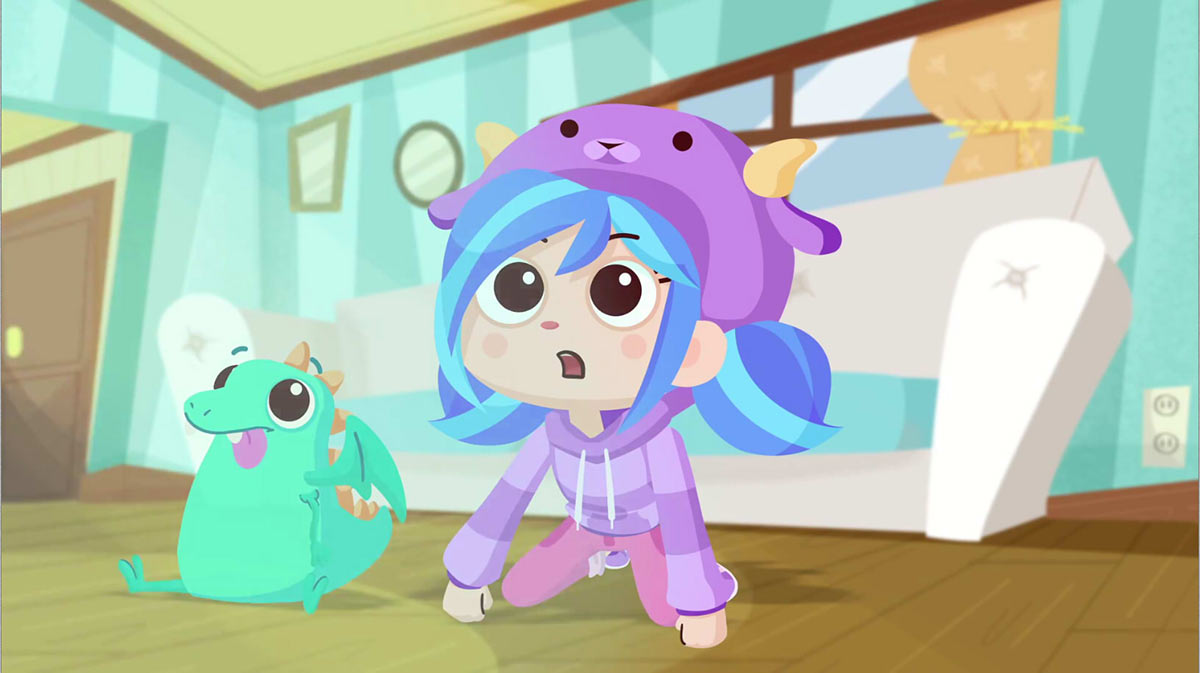
Last year’s event was won by Viking Tales, a Mighty Animation creation. The company, founded by Claudio Jimenez and Luispa Salmon in 2012, acknowledges the importance of its participation in Ideatoon. Salmon reflects that the most important part for them is the “feedback that your project gets during the event; it helps to give you an international perspective, to make a better animation product.”

While Mighty is still developing Viking Tales, the studio is growing on other fronts. The company has hired around 70 new staff, with a further 33 artists outsourced in Los Angeles.
Mighty is among the companies that has participated in Ideatoon every year to date. This reveals the strong bond and sense of community that Iñesta’s event has created among animators in the region. Another good example is Joe Alanis, who has attended Ideatoon since its inception and created two commissioned teasers for the event.
My Brother the Monster, the tv series that Alanis is currently developing with his company Gasolina Studios, wasn’t originally one of his own. The idea came from Ernesto Molina’s project, which Alanis spotted at Ideatoon and instantly fell in love with. “The festival is not only important to help develop your own ideas,” reflects Alanis, “but as the most interesting networking opportunity for the Mexican industry.”
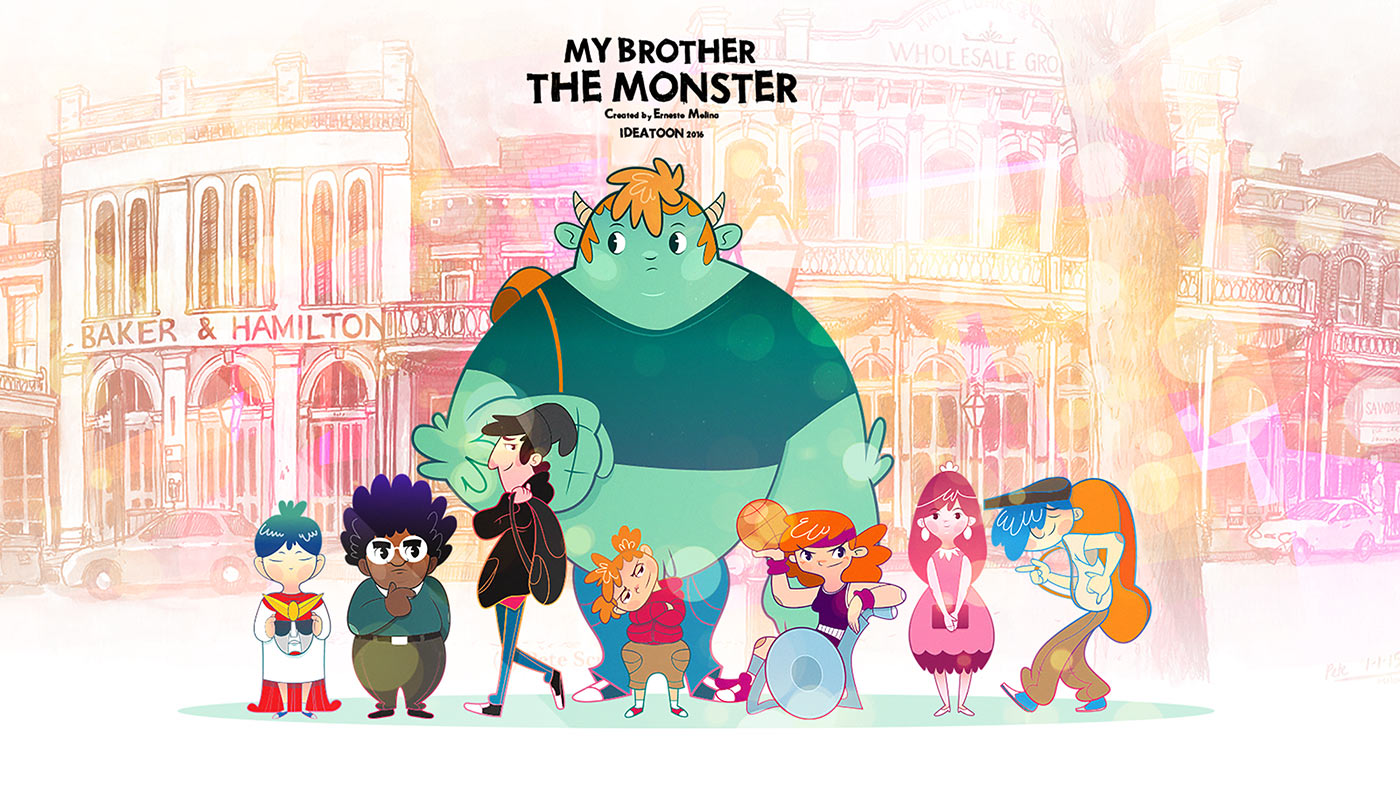
Alanis explains how Ideatoon’s international reach has brought the attention of the Mexican government and various related organizations. “Recently IMCINE, the Mexican state’s Film Institute of Cinematography, has started to support tv animation thanks to the influence of Pixelatl and Ideatoon, something unthinkable just a few years ago.”
The Ideatoon 2017 finalist projects, which will be presented this September at Pixelatl are:
- Munkins by Andre Moreira Forni (São Paulo, Brazil)
- Techno-tails by Luispa Salmón (Jalisco, Mexico)
- Color Monsters by Gabriel Villavicencio and Alex Gatica (Morelos, Mexico)
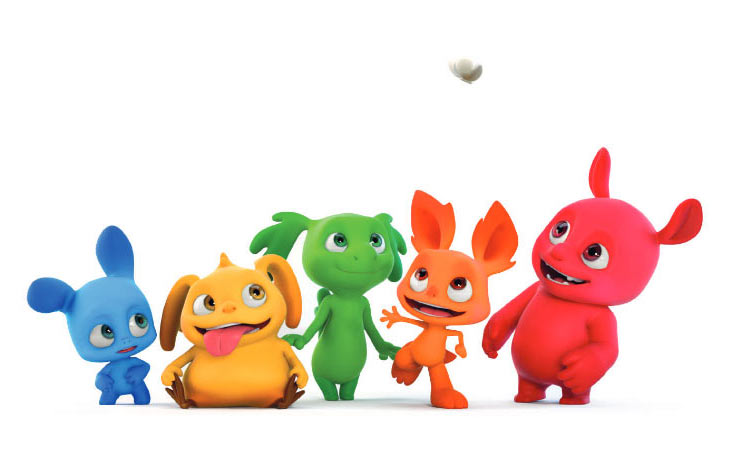
“Color Monsters.” - Kitty Cat Internet Extravaganza by Irene Melis Machado and Arturo Ambriz (Mexico City, Mexico)
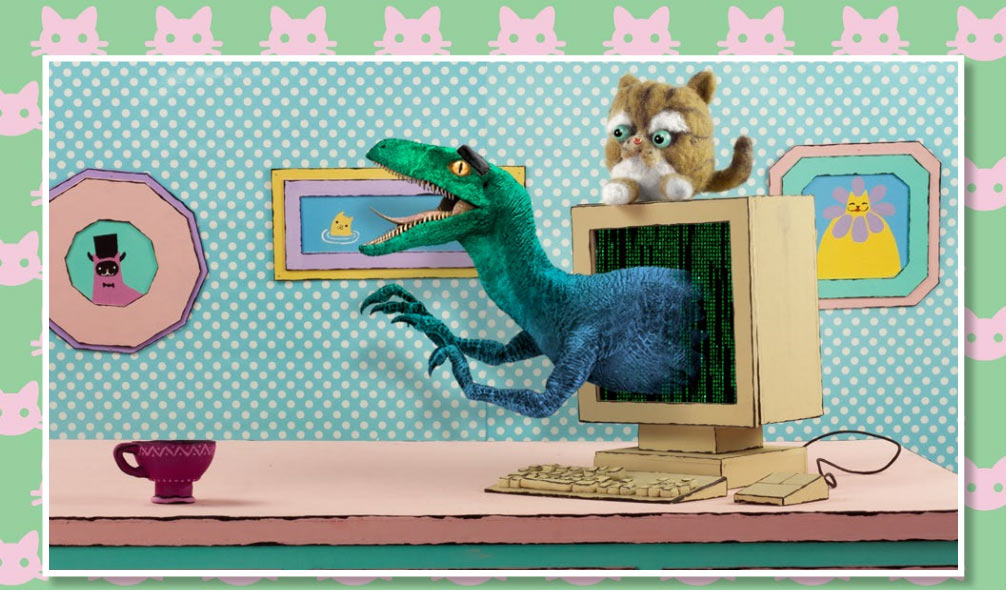
“Kitty Cat Internet Extravaganza.” - Redwood Brotherhood by Berenice Álvarez and Laura Villa (Mexico City, Mexico)
- How to Survive to a Magic Market by Diego & Sebastián Ramírez (Mexico City, Mexico)
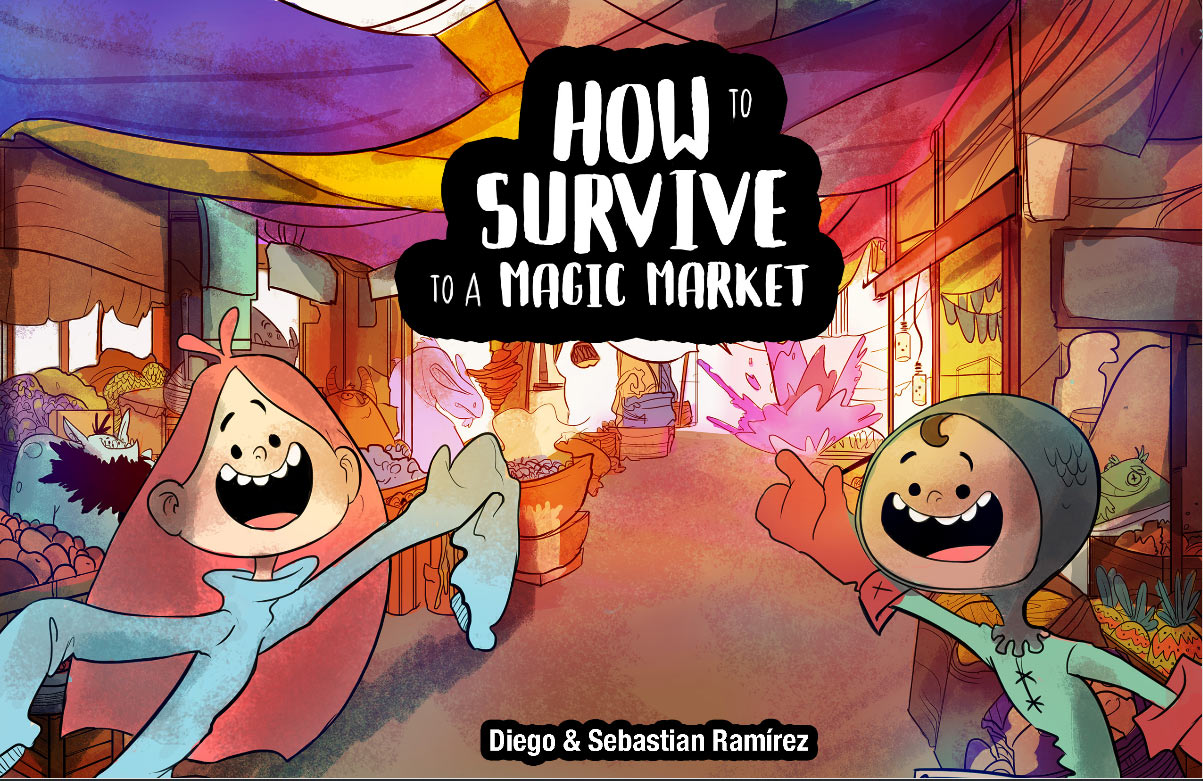
“How to Survive to a Magic Market.” - Bululú by Federico Gutiérrez (Mexico City, Mexico)
- Elie the Unicorn Witch by Marco Molina and Karina Cisneros (Jalisco, Mexico)
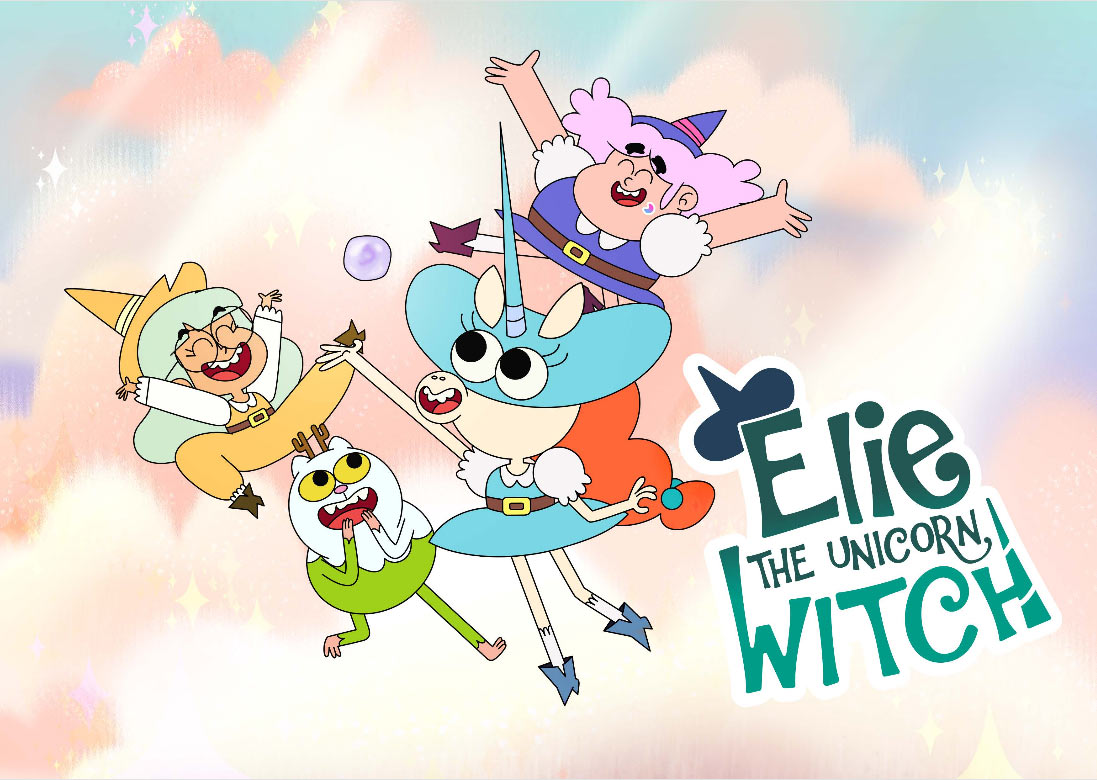
“Elie the Unicorn Witch.” - Sundown Agency by Ale Tuckar, Ana Gaby Pérez, Hilce E. Larsen and Heis González (New León, Mexico)
- Glitch Sandwich by Gabriel Pichardo (Mexico City, Mexico)
- Grimalkin by Sant Arellano (Querétaro, Mexico)
- Diaper Parents by Karen Acosta and Edino Ferreyra (Mexico City, Mexico)

.png)